Japan Delaying Casino Law to Consider Anti-Corruption Gaming Regulations
Posted on: January 22, 2020, 11:09h.
Last updated on: January 22, 2020, 11:20h.
Japan lawmakers are pushing back the time frame on formalizing the country’s Basic Policy casino law to allow additional time to review anti-corruption regulations that might be included in governing the gaming industry.
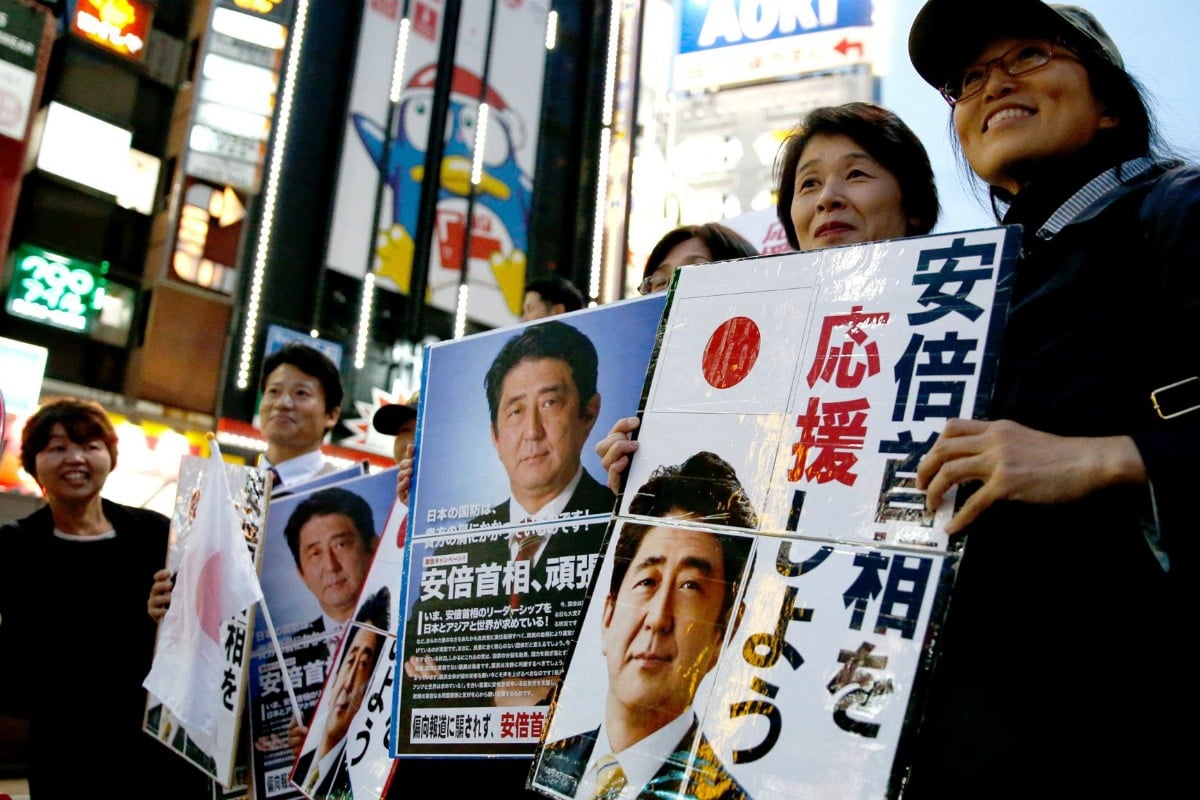
The delay comes amid a bribery scandal involving one of Prime Minister Shinzo Abe’s former Cabinet Office members. Ex-Senior Vice Minister Tsukasa Akimoto – who was once supervising the casino regulatory process – is accused of accepting roughly $34,000 in cash and gifts from Chinese online gambling firm 500.com.
Reacting to the scandal, the government now plans to add strict anti-corruption provisions to the Basic Policy,” said the Nikkei Asian Review.
Japan’s Tourism Agency and Ministry of Land, Infrastructure, Transport, and Tourism issued a draft of the Basic Policy in September. It was to be formally approved this month, but now that vote is being delayed until at least February.
According to Transparency International’s Corruption Index, Japan ranked No. 18 out of 180 countries and territories in 2018. Denmark was No. 1, and the United States No. 22. Somalia was No. 180.
Back to Basics
The initial 46-page Basic Policy issued specific criteria potential casino operators must meet.
Candidates are to have a proven track record of running large integrated resorts, and the financial wherewithal to remain stable despite investing potentially billions of dollars into a project in Japan. Gaming companies must demonstrate experience in integrating with the communities in which they operate, and forging relationships with local businesses.
Prefectures and cities wishing to bid for one of the three casino licenses will first select which gaming company to partner with, and then propose the project to the federal government. The Basic Policy also requires the country’s newly formed Casino Management Commission (CMC) to decide whether a tender would be easily accessible from major cities within Japan, could host large conferences, and be internationally competitive.
As for combatting potential bribery, the Basic Policy said nothing. Now, it’s back to the drawing board.
“The government will proceed carefully and will discuss rules on contact between casino operators and members of a government committee that will screen business applications,” said the Japan Broadcasting Corporation.
IR Process Unaffected
Though the Basic Policy will not be officially adopted until next month at the earliest, lawmakers say the issuing of licenses remains on schedule.
Despite calls in the National Diet for the legalization of commercial gambling to be halted, Abe addressed the legislative unit this week and said the resorts are moving forward “at full speed.” Once the casino laws are in place, the CMC will be permitted to accept and review project proposals from January through July 2021.
August 2021 remains the month when the three IR licenses are expected to be issued.
The casino resorts, which are expected to cost as much as $10 billion, will likely open in the later half of the decade. Bids are projected to come from Tokyo, Yokohama, and Osaka, as well as smaller cities, including Nagasaki and Wakayama.
Casino operators that have publicly confirmed planned bids – and there are many – are headlined by Las Vegas Sands, MGM Resorts, Melco Resorts, Galaxy Entertainment, Genting, Hard Rock, and Wynn Resorts.
Related News Articles
Japan Delaying Integrated Resort Timeline Comes as Little Surprise
SJM Resorts Relocating VIP Baccarat Tables to Grand Lisboa Palace
Wakayama Ratifies Casino Development with Canadian Private Equity Firm
Most Popular
Tropicana Las Vegas to be Imploded, Tentative Date Set
VEGAS MYTHS BUSTED: Golden Gate is the Oldest Casino in Vegas
DraftKings Leads Bank Sports Betting Survey, ESPN Bet Surprises
Most Commented
-
End of the Line for Las Vegas Monorail
— April 5, 2024 — 90 Comments -
Long Island Casino Opponents Love New York Licensing Delays
— March 27, 2024 — 5 Comments
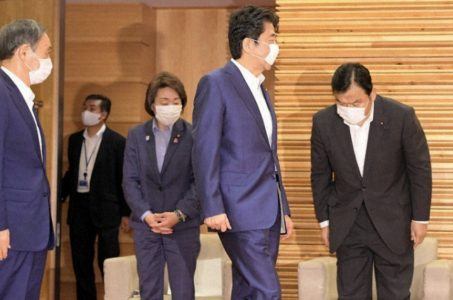
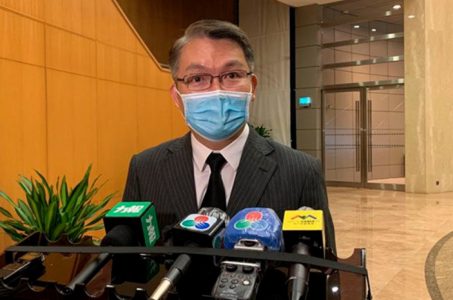
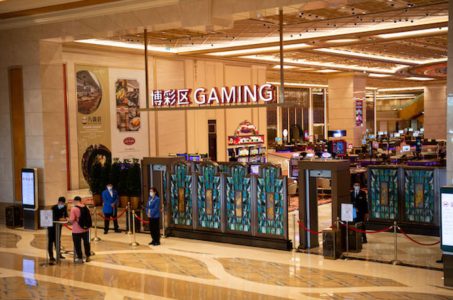
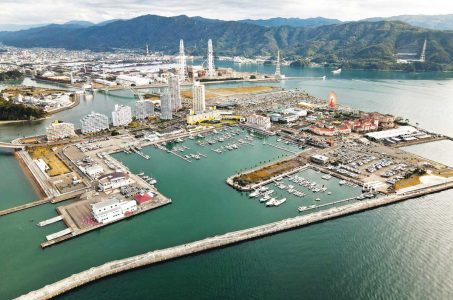











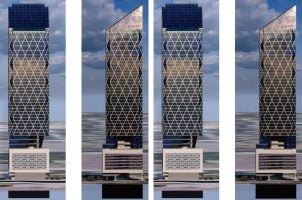
No comments yet